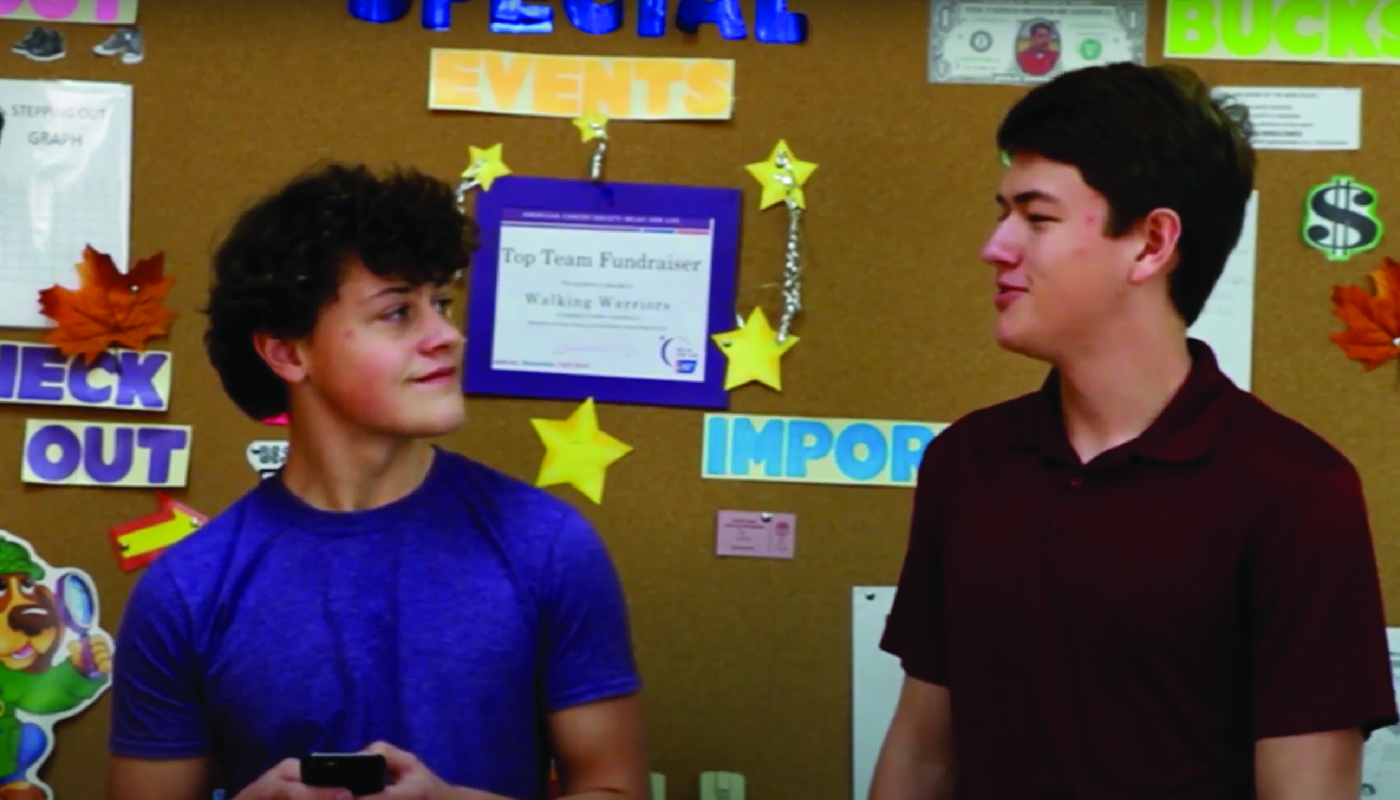
Introduction
Small talk is a key social skill that helps children build connections with their peers and adapt to new social situations. By learning to engage in small talk, Kindergarten students can develop their communication abilities and foster a sense of belonging in their community. In this blog post, we will explore a no-prep activity for teaching small talk skills, discuss related questions, and mention other essential skills that can benefit young learners in their social-emotional development journey. Additionally, we will guide you on how to access free sample materials for further practice.
No-Prep Activity: Small Talk Bingo
This activity is designed to help Kindergarten students practice small talk skills in a fun and interactive way. The goal of Small Talk Bingo is for students to initiate conversations with their classmates and find common interests or experiences.
- Ask the students to sit in a circle.
- Explain to them that they will be playing a game called Small Talk Bingo, where they will take turns asking each other questions about their interests, recent activities, or feelings.
- Model a conversation for them using the example provided in the prompt or create your own scenario. Make sure to emphasize the importance of listening and responding appropriately.
- Once the students understand the concept, have them take turns initiating small talk with their classmates. Encourage them to ask open-ended questions and listen carefully to their peers’ responses.
- After each student has had a chance to engage in small talk, bring the group back together and discuss their experiences. Praise their efforts and provide constructive feedback to help them improve their skills.
Discussion Questions
- Why is small talk important in building friendships and connections with others?
- What are some other topics you could use for small talk besides weekends and hobbies?
- How did you feel when you were engaging in small talk with your classmates? Were you nervous or excited?
- What strategies can you use to keep a small talk conversation going when you run out of things to say?
- How can you show that you are actively listening and interested in what your conversation partner is saying during small talk?
Related Skills
Teaching small talk is just one aspect of helping Kindergarten students develop their social-emotional learning skills. Other crucial skills that can contribute to their overall growth and well-being include:
- Active listening: Encourage students to pay attention to what their peers are saying and respond with empathy and understanding.
- Expressing emotions: Help students learn to identify and express their feelings in appropriate ways.
- Conflict resolution: Teach students strategies for resolving disagreements and finding solutions that benefit everyone involved.
- Cooperation: Foster a sense of teamwork and collaboration among students by engaging them in group activities and projects.
Next Steps
Now that you have learned about teaching small talk skills to Kindergarten students, it’s time to put these strategies into practice. To explore more resources and activities, we encourage you to sign up for free sample materials that cover a wide range of social-emotional learning skills for young learners. These materials will provide you with additional tools and guidance to help your students develop the confidence and competence they need to thrive in their social environments.

